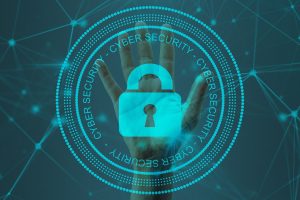Tech News
The Crucial Role of Ethics in Cybersecurity Leadership
Cybersecurity challenges are on the rise, making the role of cybersecurity professionals more critical than ever. These experts, like Adam McManus, do more than just fend off digital threats; they are also responsible for making ethical decisions. This blend of technology, security, and ethics is vital in our modern society.
Why Ethics Matter in Cybersecurity
- Building Trust: Ethical behavior in cybersecurity fosters trust between organizations and their clients. In a time where data breaches are frequent, being known for ethically managing data sets a company apart.
- Legal Compliance: Adhering to laws like Europe’s GDPR is essential. Ethical leadership in cybersecurity ensures that an organization stays within the legal bounds, avoiding potential legal issues.
- Moral Responsibility: Cybersecurity leaders hold the keys to vast amounts of sensitive information. It is their ethical duty to safeguard this data from misuse.
The Ethical Quandaries of Cybersecurity
- Privacy vs. Security: Finding the right balance between strong security and respecting privacy is a perennial ethical challenge.
- Vulnerability Disclosure: Deciding whether to make a vulnerability public, report it to the vendor, or keep it secret for strategic reasons is a tough ethical decision.
- Data Usage: How data is used, especially regarding user consent and the extent of data collection, remains a significant ethical concern.
How to Implement Ethical Practices in Cybersecurity
- Developing Ethical Guidelines: Organizations need to establish clear ethical policies for their cybersecurity teams. These should address data handling, privacy, and incident response.
- Training and Awareness: It’s crucial to regularly train teams in ethical practices and the latest legal requirements. This ensures they are not only technically skilled but also ethically informed.
- Ethical Decision-Making Models: Employing decision-making models that consider ethical factors can assist leaders in navigating complex security scenarios.
To sum up, ethics in cybersecurity leadership is paramount. It ensures a balance between technological progress and moral duty. As the field of cybersecurity progresses, ethical considerations will continue to be a guiding force, helping cybersecurity professionals, such as Adam McManus, to make decisions that protect digital assets while upholding the values of privacy and trust.
Related Posts












